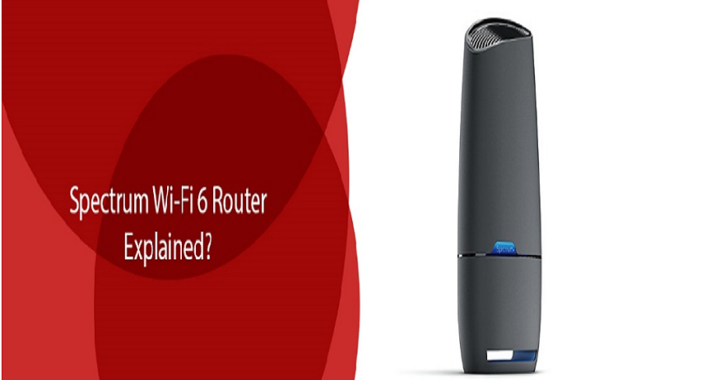Yoast SEO WordPress Plugin Introduces “Indexable” in Version 14.0

Multiple websites function on WordPress, and when it refers to SEO plugins for this CMS, Yoast is universally regarded as the greatest one. You are provided precise guidelines as to what needs to be strengthened. With the help of this, you could recognize if your site’s SEO quality is as strong as possible.
What is “Indexable”?
“Indexable” is an abstract of a fully re-written metadata engine formulated by Yoast SEO plugin that could benefit WordPress and Yoast SEO as the strongest SEO framework.
How can you build indexable for all of your pages?
Yoast SEO would work better if it includes an indexable on every page of your website. The plugin will progressively create them over time, but this does not mean it would cover everything; thus, on top of that, we’re providing tools to construct indexable for the entire site at once.
Here how it would work:
- Whenever material or metadata is stored, Yoast SEO would add/update an indexable content.
- Whenever a page is accessed and does not contain any indexable yet, Yoast SEO produces and stores an indexable. This only needs to be addressed once / page. Afterward, the performance of the page will be much quicker. Any page that attracts traffic will inevitably have an indexable.
- Yoast SEO plugin has implemented a feature to the Yoast SEO settings to encourage site administrators to link indexable to their complete site at once.
- Developers have added a WP CLI command to enable site administrators to attach indexable to their complete website via the command line.
How can Indexables benefits us:
1.Absolute advantages of indexable:
With Yoast SEO 14.0, developers seem to be achieving significant productivity enhancements, significantly reducing the expense of change for their metadata features, and delivering much nicer and quite secure APIs for third-party developers who want to collaborate with them. Last but not least, Yoast SEO is now prepared for headless WordPress.
Let me guide you through some of these benefits briefly.
Performance Gains: WordPress provides standardized APIs for storing content resource metadata, including such posts and terms. The post meta and term meta APIs incorporate an entity-attribute-value (EAV) model.
To the benefit of WordPress, that encourages any developer to conveniently add a custom field or piece of metadata to a post or category. By switching to a custom table, you switch from EAV to a relational SEO metadata retrieval model, making it much simpler and more productive to query metadata for any category of a page in WordPress. This feature seems particularly strong when you start to relate entities to each other.
Another big advantage we are offered from performance gain is towards storing the URL with Indexable. Because of the same, breadcrumbs can now be developed in
a breeze, where it used to take some costly calculations in the past.
Effective APIs through surfaces:
Indexable Come up with a much more sophisticated design to give developers a secure API contract with Yoast plugins. Developers label is as “surfaces.” A surface is generally an entity that we explicitly disclose for third parties’ access and insists on keeping backward compatible.
Developers have implemented a “global YoastSEO( ) Function” with immediate access to the Yoast SEO plugin DI container and return a top-level surface.
Headless WordPress:
Yoast SEO 14.0 has implemented an easy metadata endpoint that will render it feasible for site builders to use Yoast SEO on headless installations. You can now easily download the metadata for a page via the REST API and upload it wherever you prefer.
A lower expanse of change:
Developer switch from a PHP 5.2 functional, procedural style architecture to an object-oriented architecture that enhances the use of all features that is accessible with higher variants of PHP (5.6 +) and started to use namespaces, Symphony’s dependency injection container, strict isolation between pure PHP services and state-of-the-art objects such as ORM models and value objects.
2.Better WordPress Information Architecture:
From an SEO perspective, any sort of WordPress page is essentially an indexable object. This is the fundamental insight that is guided to indexable. The Abstract legitimizes the information architecture for any kind of WordPress page and renders the metadata explicitly searchable.

 How to Deal with General Challenges in the Hotel Industry?
How to Deal with General Challenges in the Hotel Industry?  Exploring the Modern-Day Trends in Inventory Management
Exploring the Modern-Day Trends in Inventory Management  Using Option Chain Data for Risk Management
Using Option Chain Data for Risk Management  Spectrum Wi-Fi 6 Router Explained
Spectrum Wi-Fi 6 Router Explained  Why is it necessary to hire a professional laptop repair service for easy troubleshooting?
Why is it necessary to hire a professional laptop repair service for easy troubleshooting?  The Advantages Of Custom Cables
The Advantages Of Custom Cables  How Do Dubai AC Repair and HVAC Services Provide Maximum Comfort and Efficiency in the UAE?
How Do Dubai AC Repair and HVAC Services Provide Maximum Comfort and Efficiency in the UAE?  Thorp Arch’s Treasures: Manchester’s Treasured Engagement Rings
Thorp Arch’s Treasures: Manchester’s Treasured Engagement Rings  Decor Ideas for Live Edge Furniture
Decor Ideas for Live Edge Furniture